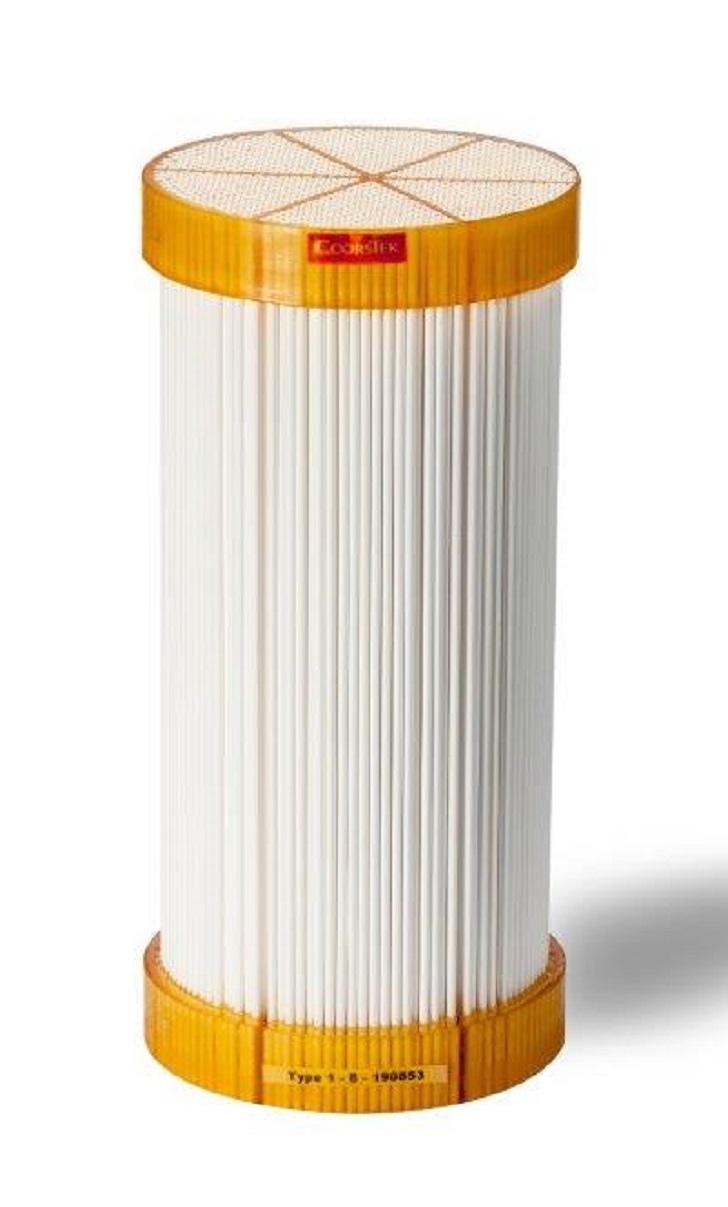
Technical ceramics manufacturer CoorsTek will present two new industrial ceramics membrane filter technologies at ACHEMA 2018 in Frankfurt on 11-15 June. The new products are specifically designed for the micro- and ultrafiltration of molecules and particles from aqueous solutions.
A new multi-tube system consists of four single ceramic tubes connected together into a single ceramic part. CoorsTek says every tube performs the same way, ensuring more efficient filtering of the liquids. Cleaning the filter is also said to be easier. This technology is designed for high quality filtering needed in specific applications such as pharmaceutical products.
The second product is a new hollow fiber system consisting of ceramic tubes assembled into a high-density module. The compact tube module size reduces the footprint of the filtering unit. Ceramic tubes also offer superior temperature and chemical resistance compared to polymer tubes, delivering longer service life through harsh production or cleaning conditions.
"Our latest membrane filter developments will help our customers filter fluids or gases with a technology requiring less maintenance, while offering higher reliability and longer service time," states Andreas Schneider, CoorsTek Executive Vice President and Managing Director, Europe.
According to Schneider, ceramic membranes are increasingly used to improve filtration performance, throughput and operational cost in a broad range of sectors, such as biotechnology and pharmaceutical, dairy, food and beverage, as well as the automotive, chemical, and petrochemical industries.
The CoorsTek technology team in Uden, the Netherlands, collaborates with customers to engineer application-specific solutions taking into account geometry, pore size, and production parameters such as flux, temperature, and cleaning processes.






